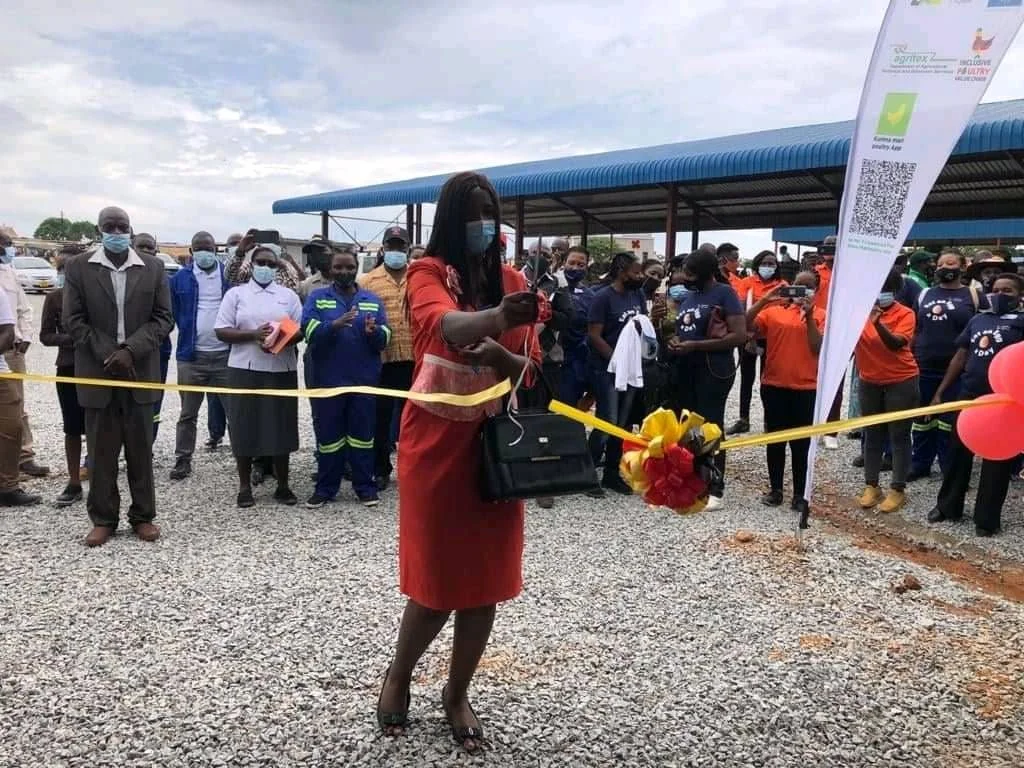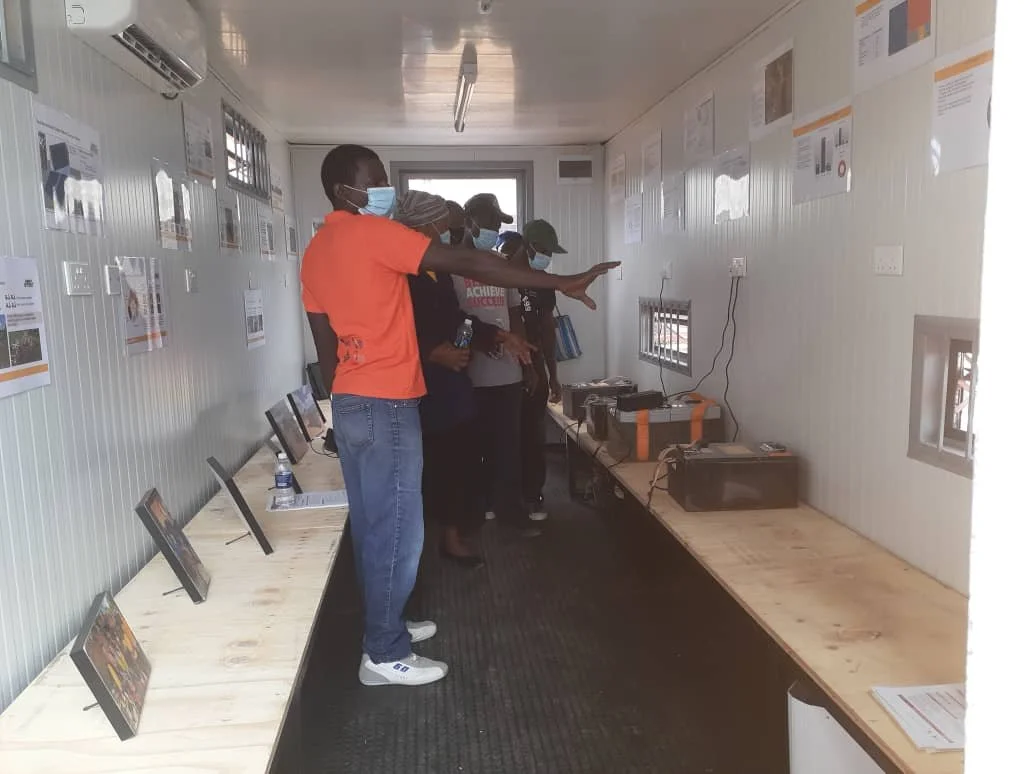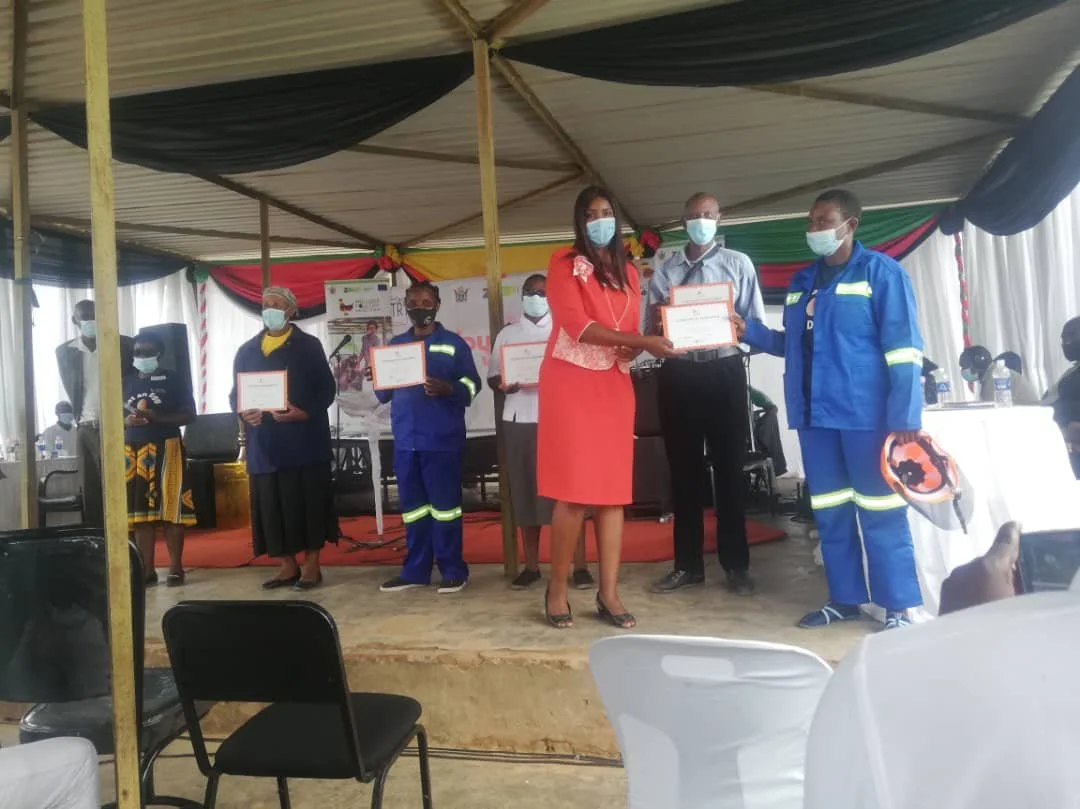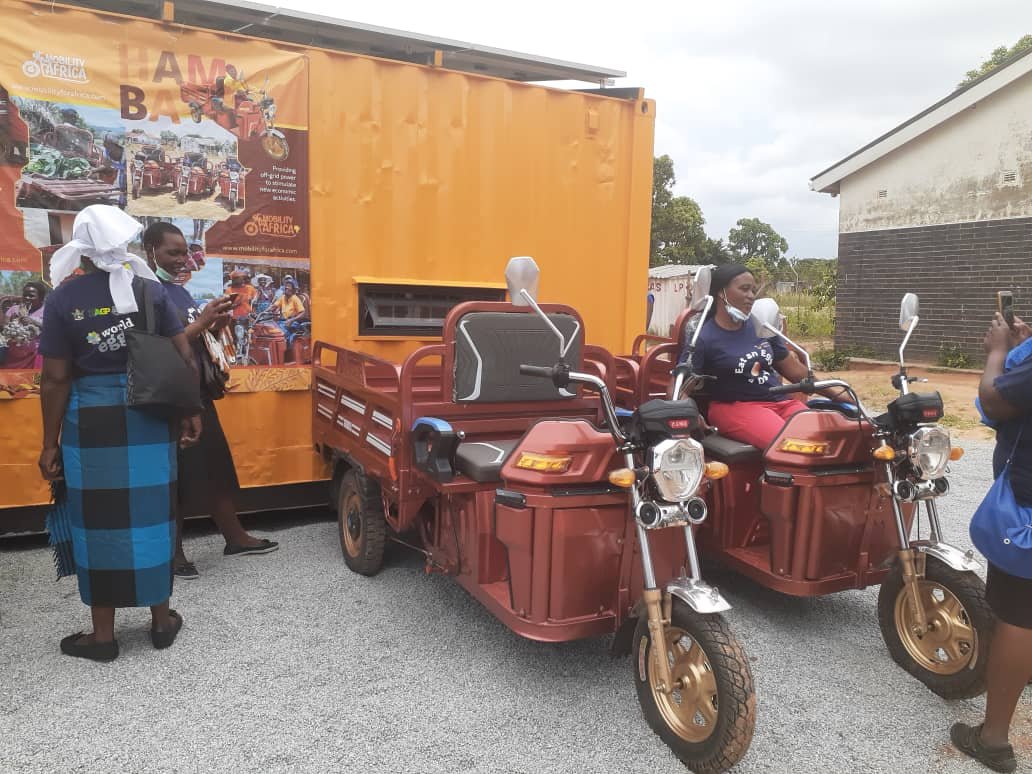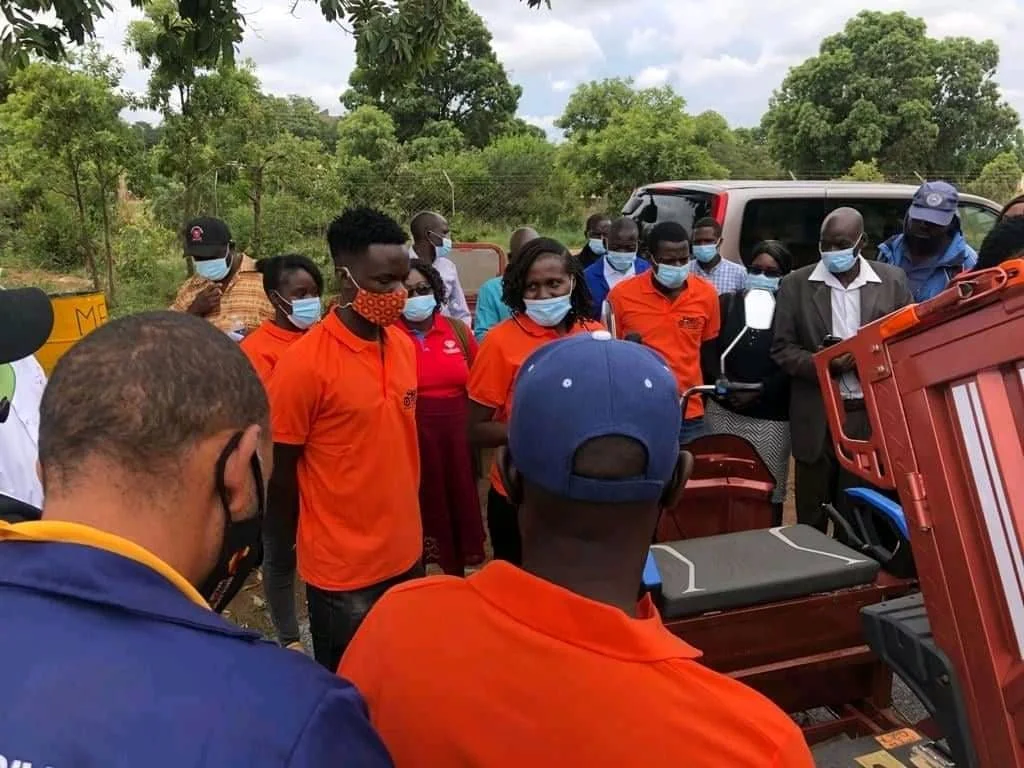While most of us grow up being told eggs are a good source of protein, in #Zimbabwe the per capita consumption of eggs is less than 30 per year. So how do we get more eggs produced, make them more available especially in urban areas where malnutrition is a problem and convince people they make a delicious meal?
That is why a consortium of NGOS, (COSPE, Cultivating New Frontiers in Agriculture (CNFA), Livestock and Meat Advisory Council (LMAC), Sustainable Agriculture Trust (SAT) and WeltHungerHilfe (WHH), with funding from the EU supported Zimbabwe Agricultural Growth Programme (ZAGP) set up the Inclusive Poultry Value Chain (IPVC) Initiative.
They are working to solve this problem. Priority is to get more small-scale farmers to move into chicken laying to produce more eggs and then help them access new markets in high density areas. And there has been some success. Egg production grew from 14 million dozen in 2009 to 36 million in 2018. Yet there is huge potential to expand.
The Mobility for Africa team was in action at the official launch of the IPVC Domboshava Live Bird and Egg Market Launch, yesterday, demonstrating how the battery charging station works and hearing from small scale producers benefiting from the Hamba.
Small scale poultry farmers in Dombashwa, a peri urban community outside of Harare, will benefit from getting access to cheaper stockfeed and an egg aggregation centre that will help them get more value for their eggs by giving them market access in other areas to increase the prices. And so is the partnership with Mobility for Africa. Their last mile transport problem is being solved. In groups of 5, these farmers using the Hamba together, can now pick up stock feed easily, deliver more eggs to the aggregation centre, increase their profits and with the time saved, focus on their chickens.
Mrs FP Banhwa, the Mahsonaland East Provincial Development Coordinator, officially opened the market along with local chiefs, government department representatives, NGO representatives and the farmers themselves. All those who have completed the 5-day training in how to drive the Hamba were also presented with their certificates.
Thanks to our support from EEP, AECF and TMF, Mobility For Africa plans to expand the fleet from the initial 20 over the next few months to also include transport and logistics services.

